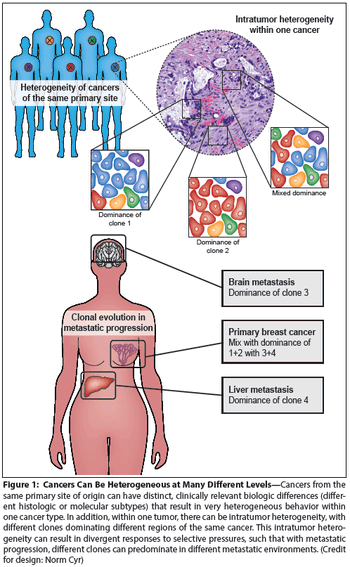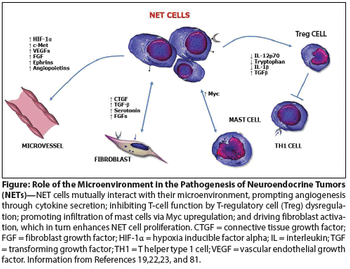
I was recently consulted concerning a patient in the ICU at my hospital with advanced breast cancer, but I soon realized there were much larger issues at stake. This woman is in her 50s and was diagnosed approximately 1 year ago with metastatic triple-negative breast cancer.





